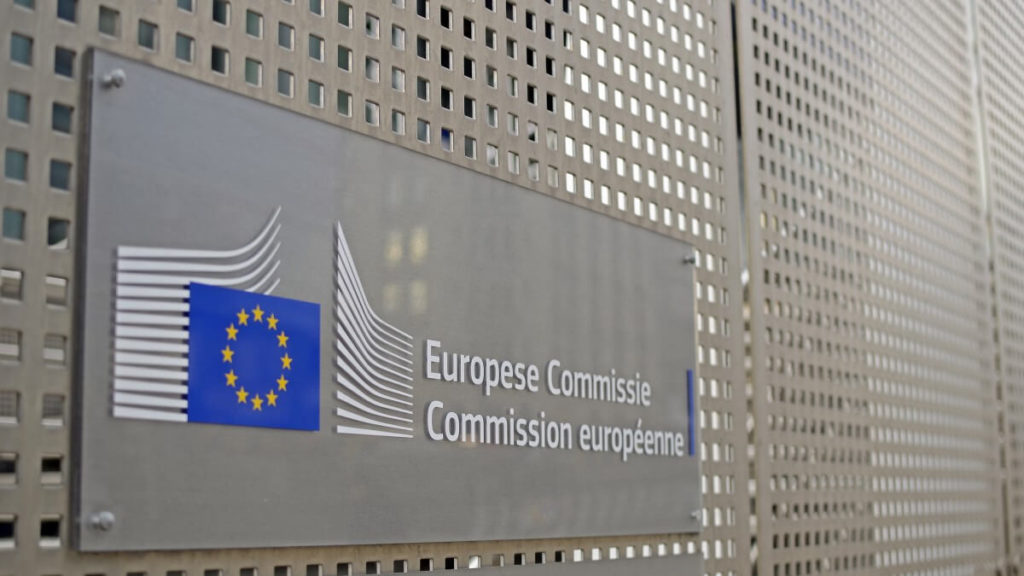EU Commission Steps Up Green Transition Away from Russian Gas by Accelerating Renewables Permitting

The European Commission has proposed a new temporary emergency regulation to accelerate the deployment of renewable energy sources. Together with diversifying our supplies and saving energy, deploying more renewable energy is part of the EU’s plan to end our dependence on Russian fossil fuels. Renewables reduce the EU’s demand for fossil fuels in the power, heating and cooling, industry and transport sectors, both in the short term and for the future. Thanks to their low operational costs, a larger share of renewable energy sources in the EU’s energy system can help to reduce energy bills.
The ongoing energy crisis requires immediate and targeted action to speed up the REPowerEU Plan. On 20 and 21 October 2022, the European Council called for a fast-tracking of permitting procedures to accelerate the rollout of renewables. REPowerEU already proposed measures to address the lengthy and complex administrative procedures that are an obstacle to the speed and scale of investment in renewables and related infrastructure. However, the situation on the energy markets has worsened since then, prompting the need for urgent measures. This is why the Commission is proposing new action in the form of a Council Regulation based on Article 122 of the Treaty.
Today’s proposal complements previous emergency measures to tackle the exceptional situation on the energy markets and to accelerate the clean energy transition. It will apply for one year, covering the time needed for the adoption and transposition of the Renewable Energy Directive, currently discussed by the co-legislators, in all Member States. It targets specific technologies and types of projects which have the highest potential for quick deployment and the least impact on the environment, contributing to our energy security in the face of Russia’s invasion of Ukraine and weaponisation of its energy supplies.
Overriding public interest
Under the proposal, renewable energy plants would be presumed to be of overriding public interest. This would allow new permitting procedures to benefit with immediate effect from a simplified assessment for specific derogations foreseen in EU environmental legislation. Moreover, the proposal clarifies the scope of application of certain rules foreseen in the EU Birds and Habitats directives in order to eliminate bottlenecks in the permit-granting process for certain renewable energy projects.
See related article: EU Commission Approves €1 billion German Measure To Support Salzgitter To Decarbonize Steel Production
Solar energy
Solar energy is a low-cost renewable electricity and heating source which can be rolled out rapidly, directly benefitting citizens and businesses. In light of the current electricity price volatility, granting significantly faster permit procedures will accelerate the pace of the installation of solar equipment on artificial structures, such as buildings. The Commission is therefore proposing a maximum deadline of one month for the permitting process for solar energy equipment and its co-located storage and grid connections when it is not installed on natural ground. The proposed Council Regulation also exempts these installations from the need to carry out certain environmental assessments. Introducing the concept of ‘positive administrative silence’ in the relevant permit-granting procedures aims to promote and accelerate the deployment of small-scale installations.
Repowering renewable power plants
Repowering existing clean energy plants has significant potential to rapidly increase power generation from all renewable sources. It reduces gas consumption as well as the need to designate new sites. Today’s proposal streamlines the permit-granting process applicable to the repowering of renewable energy projects by including all the relevant environmental assessments in the new maximum deadline of six months. The proposal also specifies that the environmental assessments should be limited to assessing the potential impacts resulting from the change or extension compared to the original project. Furthermore, it introduces a simplified procedure for grid connections in cases where the repowering doesn’t exceed a 15% increase in total capacity compared to the original project.
Heat pumps
Heat pumps are a key technology to produce renewable heating and cooling from ambient energy sources and have significant potential to reduce the use of gas in the supply of heating, both in industry and buildings. In order to accelerate the rollout of this technology, the proposal accelerates permit-granting procedures by introducing a three month maximum deadline and a simplified procedure for grid connection of smaller heat pumps.
Source: EU Commission












